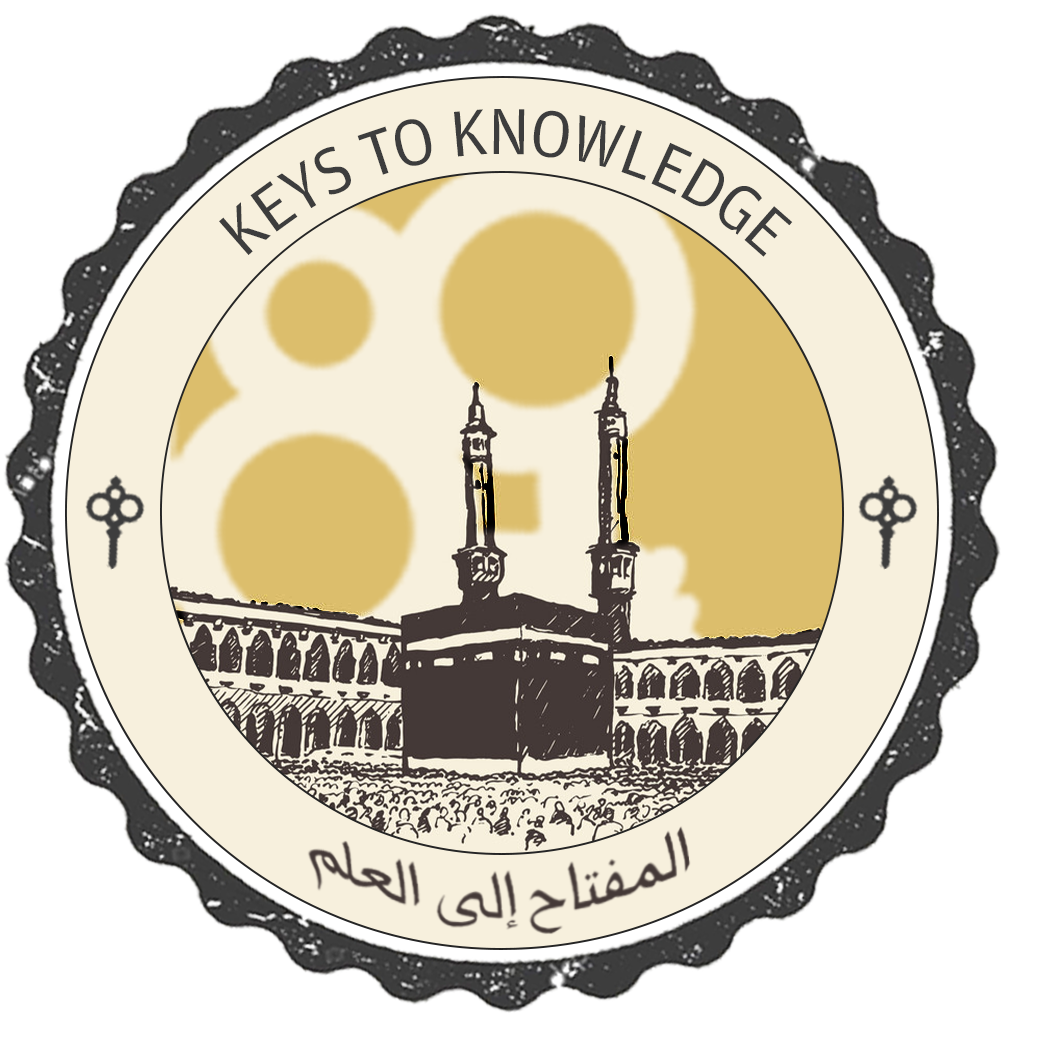A benefit from Fathul Baari by Ibn Hajar: Chapter Virtue of Laylatul Qadr.
What is the difference between the statement:
ما أدراك (past tense)
And
ما يدريك (present tense)
In the Quran?
Sufyaan bin ‘Unayyah (may Allah have mercy on him) said,
كُلّ شَيْء فِي الْقُرْآن وَمَا أَدْرَاك فَقَدْ أَخْبَرَهُ بِه ِ, وَكُلّ شَيْء فِيهِ وَمَا يُدْرِيك فَلَمْ يُخْبِرْهُ بِهِ
This means that any time you find in the Quran where Allah says ‘وما أدراك’ He then explains and informs us of that thing in the next verses.
For example,
وما أدراك ما ليلة القدر…ليلة القدر خير من ألف شهر…
وما أدراك ما سجين…كتاب مرقوم…إلخ.
And whenever Allah says ما يدريك, then He does not explain what comes after it.
For example:
وما يدريك لعل الساعة تكون قريبا
That’s because these affairs are only known by Allah.
Enjoyed this benefit? Join us on social media for more:
Telegram: T.me/K2KNYC (Main Channel)
Twitter: @KeysToKnowledge
YouTube: Keys To Knowledge
Questions about Arabic? Join our community of Arabic learners just like yourself:
T.me/K2KBrothers (Brothers ONLY)
T.me/K2KSisters (Sisters ONLY)
